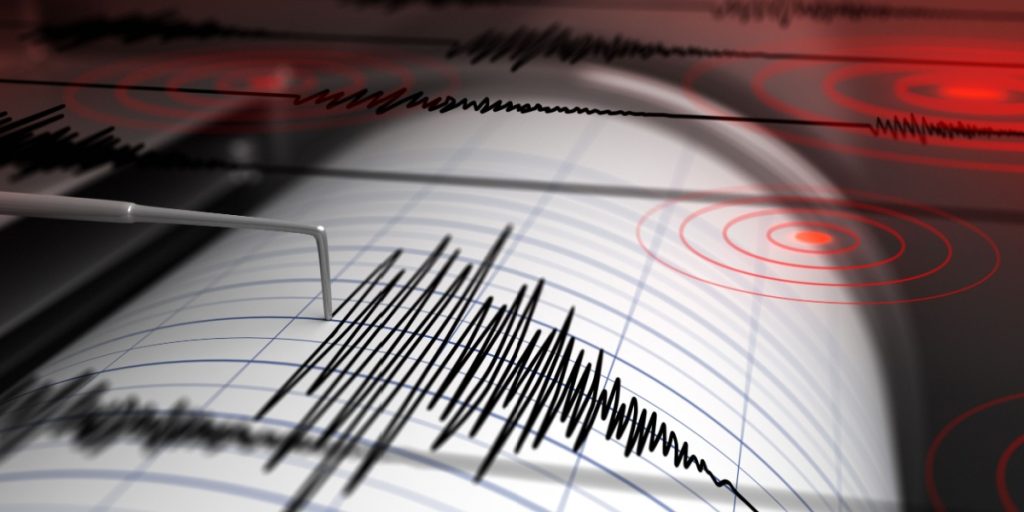For the second time in just over a week, a powerful 6.1-magnitude earthquake has hit off the coast of Crete.
Others are reading now
A 6.1-magnitude earthquake struck off the Greek island of Crete early Thursday morning, marking the second tremor of the same magnitude in just eight days, according to the U.S. Geological Survey (USGS).
The earthquake occurred at 6:19 a.m. local time, with its epicenter located 87 kilometers from Heraklion, the capital of Crete.
The quake struck at a depth of 68 kilometers, the USGS confirmed, as cited by Digi24.
As of now, no injuries or major damage have been reported.
Also read
The latest quake follows a similar 6.1-magnitude tremor that shook the region last week near Crete and Santorini, which was felt as far as Cairo, Egypt.
That quake’s epicenter was about 100 kilometers off the coast of Greece and prompted concern across several countries.
A Region on Edge
The southeastern Mediterranean, especially around Greece and the Aegean Sea, is one of the most seismically active zones in Europe, with frequent tremors due to multiple geological fault lines.
In January and February, the Santorini region experienced thousands of minor quakes, some of which forced residents to temporarily evacuate their homes.
The unusual level of seismic activity at that time triggered widespread anxiety, particularly in tourist areas like Santorini and Crete.
History of Deadly Earthquakes
Although Thursday’s quake caused no immediate reported damage, the region’s history with stronger earthquakes is a reminder of the ongoing risk.
The last deadly earthquake in Greece occurred in October 2020, when a magnitude 7.0 quake struck the island of Samos and the Turkish city of Izmir.
That disaster killed two people in Samos and more than 100 in Turkey, making it one of the most tragic seismic events in recent regional history.
Seismologists are closely monitoring the increased activity, but so far, no warnings of a larger quake have been issued.
Greece’s civil protection agency has advised residents and visitors in the region to stay alert but not panic, as aftershocks or additional quakes cannot be ruled out.


